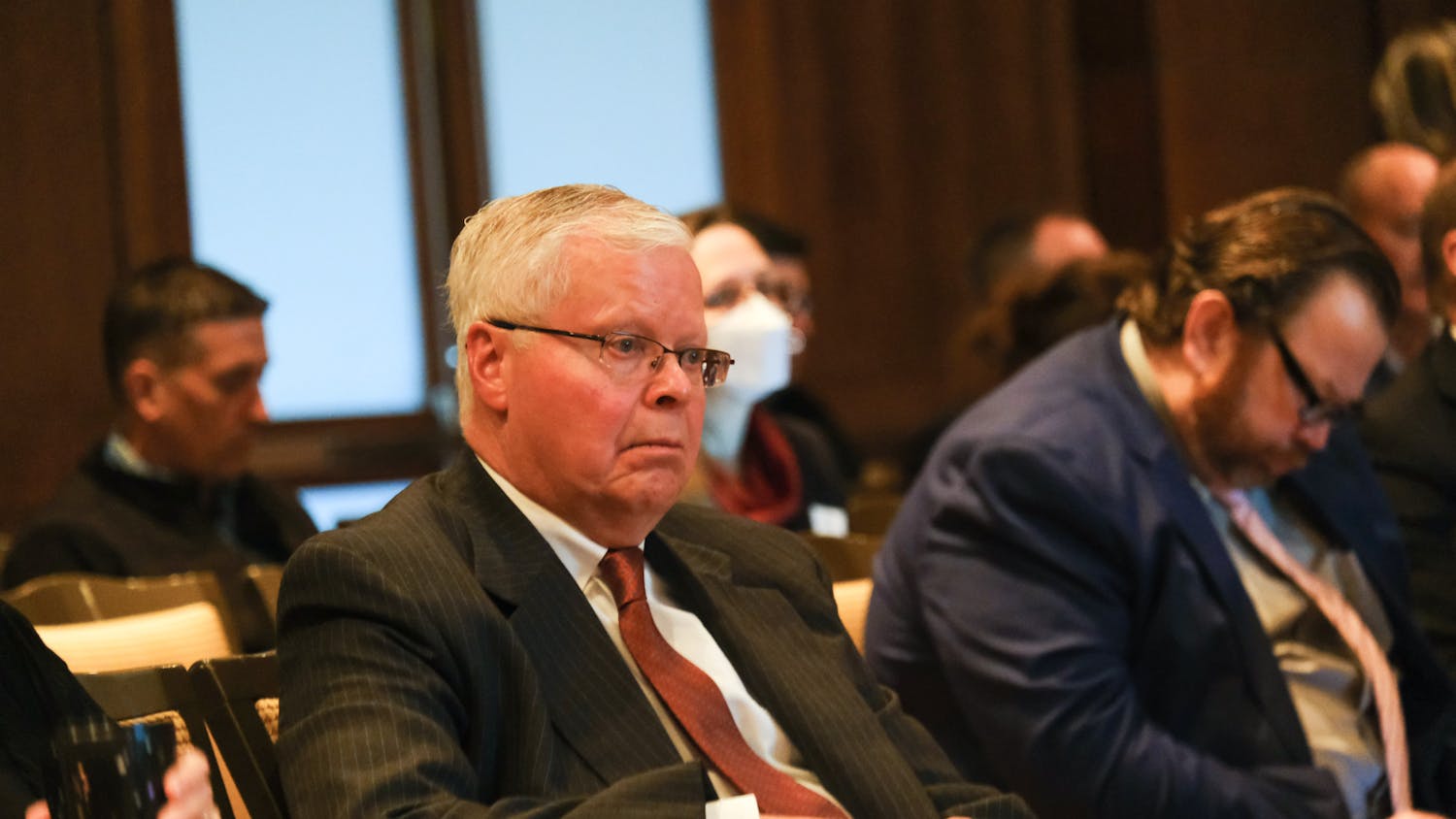The University of Wisconsin System announced on March 19 it will be giving back nearly $80 million to students who vacated their on-campus residencies early due to the rapid spread of COVID-19.
The university ordered students living in the dorms to move out earlier in March following the announcement classes would be moved online. UW-Madison has suspended access to dorms for all residents except those who have special permission to stay — like students who are unable to return to their permanent residences.
“We recognize the tremendous upheaval this pandemic has inflicted on the lives of our students,” Cross said. “This reimbursement is the right thing to do.”
Last week, UW-Madison’s University Health Services received reports of students returning from Spring Break who had tested positive for COVID-19. And while many universities only allow students to continue living in residence halls with special approval, UW-Madison has encouraged all who can to return to their permanent residences. Wisconsin also has implemented a “safer at home” order, instructing Wisconsinites to remain in their homes and forcing all nonessential businesses to close.
Amidst the state and national shutdowns, universities are still in the process of calculating the exact amount of refunds for students.
Each university will be creating their own disbursement process, UW System spokesman Mark Pitsch told the Milwaukee Journal Sentinel. UW-Madison announced refunds will be in the form of credit, meaning the funds will first be used to pay off any outstanding balance — the rest will be returned to the student.
UW-Oshkosh Chancellor Andrew Leavitt said his campus was considering a $5 million refund in an interview Thursday. He said universities want and need to issue refunds, but the hit is "pretty devastating.”
While the recent $2 trillion stimulus package passed by the Senate offers higher education institutions more than $10 million, some experts say it is not enough.
“While this legislation is an improvement from where the Senate started, the amount of money it provides to students and higher education institutions remains woefully inadequate,” President of the American Council on Education Ted Mitchell said. The council represents more than 1,700 colleges and universities.
Even before the COVID-19 pandemic, many UW System universities had been offering voluntary buyout/separation options due to loss of revenue caused by low numbers of enrollment and retention.
“Campuses are losing staggering sums,” Mitchell said. “If these needs are not met, students are going to suffer financially and may drop out.”






